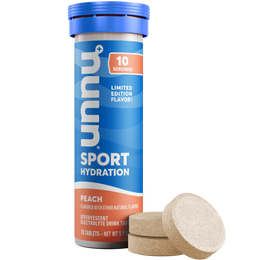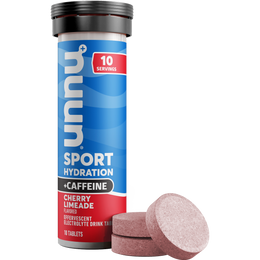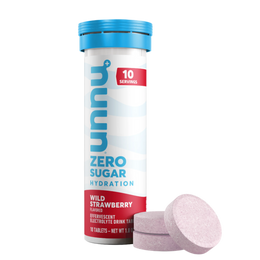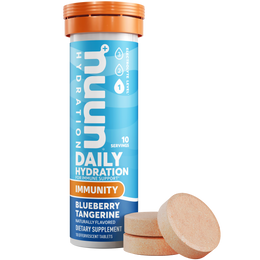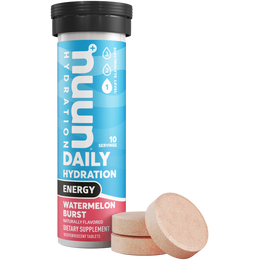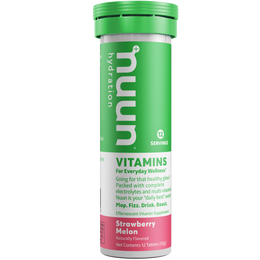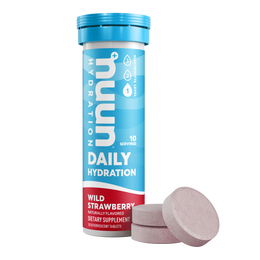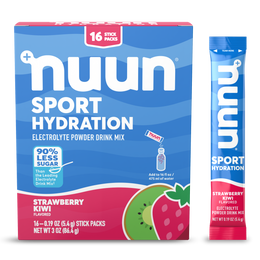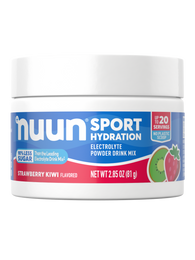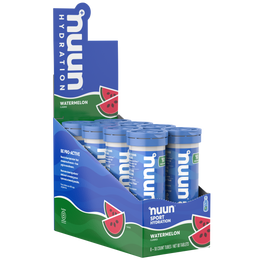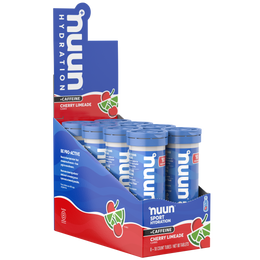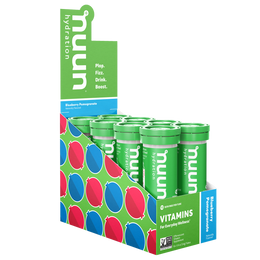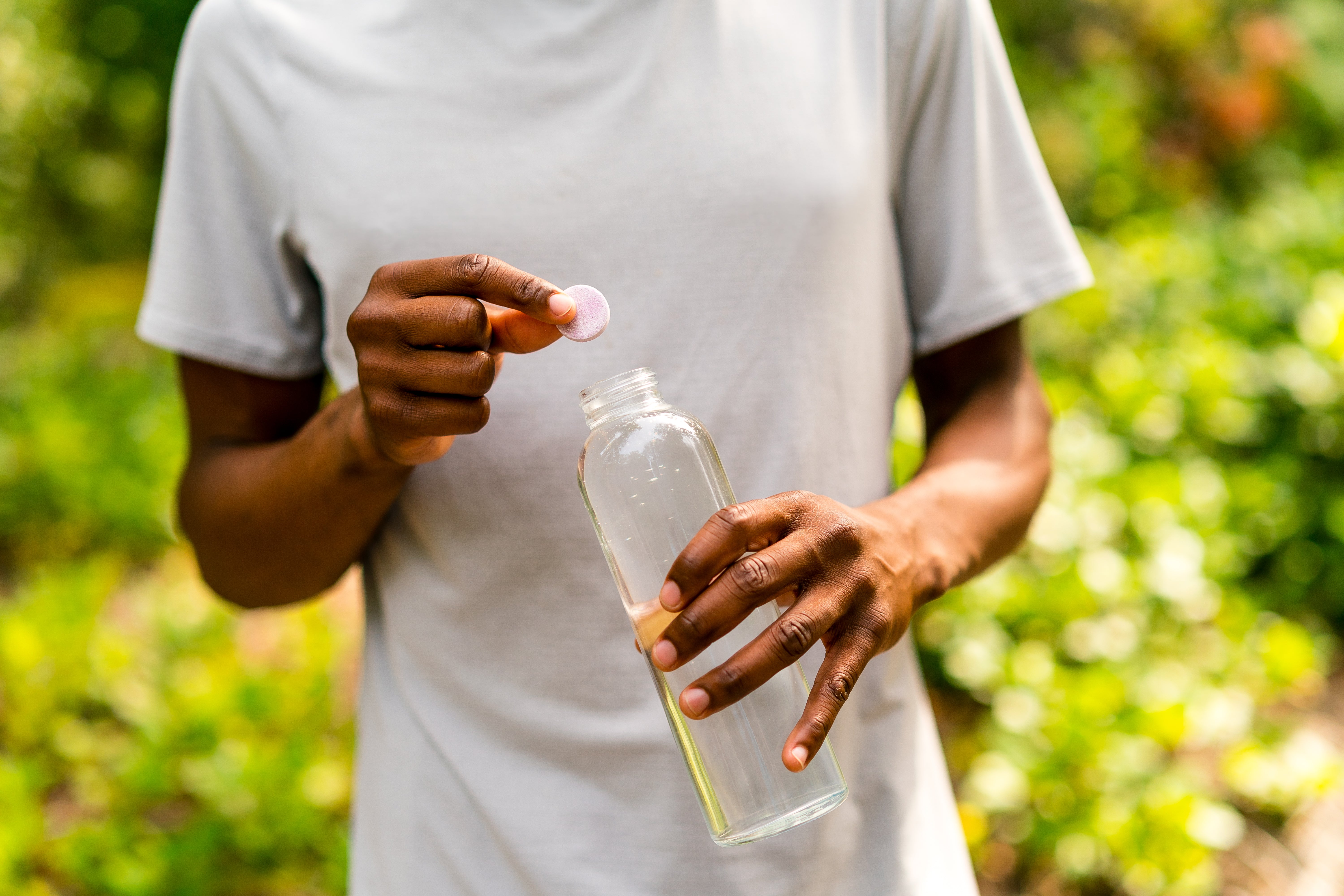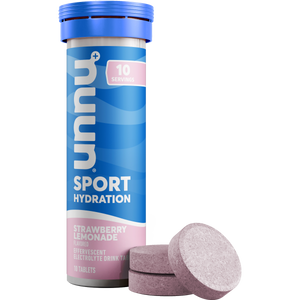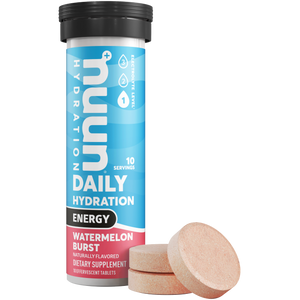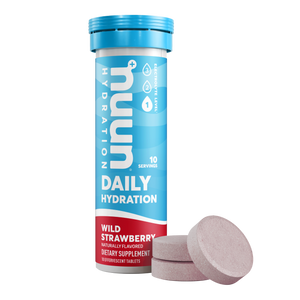Electrolytes are minerals that are crucial in maintaining various bodily functions, including muscle contractions, nerve signaling, hydration, and pH balance. Key electrolytes include sodium, potassium, calcium, magnesium, chloride, bicarbonate, and phosphate.i
Your body functions best when your electrolyte levels are balanced. When the levels of these minerals are out of whack, you’re experiencing electrolyte imbalance—but what does that mean? Understanding the symptoms of electrolyte imbalance is because it prevents your muscles and organs from functioning—and not just when you’re exercising.
What are Electrolytes Good For?
Electrolytes are tiny particles that carry an electrical charge; they help your body by ensuring that the water that you drink gets absorbed into your system. Staying hydrated plays a critical role in many of your body’s functions: protecting your joints, regulating your temperature, and keeping your cells functioning. Plus, if you’re dehydrated, you might experience some unpleasant symptoms, including headaches, fatigue, and feeling unfocused.
When you sweat, your body loses both fluid and electrolytes. If you don’t begin your workout properly hydrated, and you aren’t hydrated properly during your activity; dehydration can occur through the act of sweating.
However, you don’t have to be in the middle of an intensive workout to lose electrolytes. For example, when both outside temperatures and humidity are high, the body works harder, thus increasing internal body temperature and sweating—making it essential to replace electrolytes through fluids and be aware of signs of dehydration.
What Causes Electrolyte Imbalance?
Electrolyte imbalance refers to the condition where the levels of electrolytes in your body are either too high (“hyper-“) or too low (“hypo-“). This imbalance can disrupt normal bodily functions and lead to a variety of symptoms. Common types of electrolyte imbalances include:ii
-
Hypernatremia: High sodium levels.
-
Hyponatremia: Low sodium levels.
-
Hyperkalemia: High potassium levels.
-
Hypokalemia: Low potassium levels.
-
Hypercalcemia: High calcium levels.
-
Hypocalcemia: Low calcium levels.
Common causes of electrolyte imbalance include dehydration, excessive sweating, certain medications, chronic illnessesiii, and poor diet.ii,iii Symptoms may range from mild (muscle cramps, fatigue) to severe (irregular heartbeat, confusion, or seizures).iv,v
Comparing Electrolyte Imbalance and Electrolyte Deficiency
While both electrolyte imbalance and deficiency can affect your health, they are distinct conditions. Electrolyte imbalance involves an overall disruption in the levels of various electrolytes, while electrolyte deficiency refers to the lack of specific electrolytes. For example, a potassium deficiency can lead to hypokalemia (low potassium levels), whereas an imbalance might involve both high sodium and low potassium levels. Distinguishing between the two is crucial for treatment because the approach to correcting a deficiency may differ from that needed to restore balance.
How to Identify Electrolyte Imbalance
Recognizing the signs of electrolyte imbalance is essential for timely intervention. Symptoms to watch out for include:
-
Muscle cramps or spasms
-
Fatigue or weakness
-
Nausea or vomiting
-
Confusion or irritability
-
Irregular heartbeat
If you experience severe symptoms, such as seizures or an irregular heartbeat, it is important to seek medical advice promptly. A healthcare provider can perform blood tests to determine your electrolyte levels and recommend appropriate treatment.
How to Balance Electrolytes
Maintaining electrolyte balance is essential for optimal health. Here are some tips on how to optimize electrolyte balance:
-
Hydration: Drink plenty of fluids, especially water. During intense exercise or hot weather, consider beverages with added electrolytes.
-
Diet: Consume a balanced diet rich in electrolyte-containing foods. Fruits like bananas and oranges, vegetables like spinach and sweet potatoes, and dairy products are excellent sources.
-
Electrolyte products: Add electrolyte supplements like Nuun Sport electrolyte tablets to your water to help replenish electrolytes lost in sweat.
Electrolyte balance is crucial for overall health and well-being. They say that an ounce of prevention is worth a pound of cure, so aim to stop electrolyte imbalance before it starts. Monitoring and adjusting your electrolyte intake is a proactive strategy.
Take proactive steps to maintain your health by staying hydrated, eating a balanced diet, and adding Nuun products to live life more hydrated.
References:
[i] Fluid and Electrolyte Balance: MedlinePlus
[ii] Exercise-Associated Hyponatremia: 2017 Update - PMC (nih.gov)
[iv] Neurologic manifestations of electrolyte disturbances - PubMed (nih.gov)
[v] Cardiac Consequences Of Electrolyte Imbalance - PMC (nih.gov)

